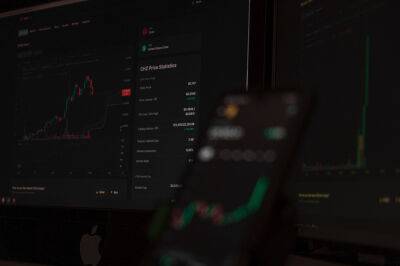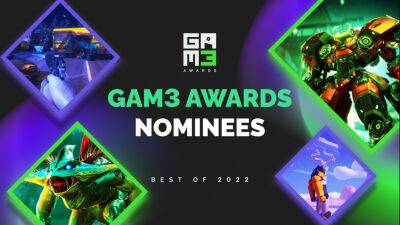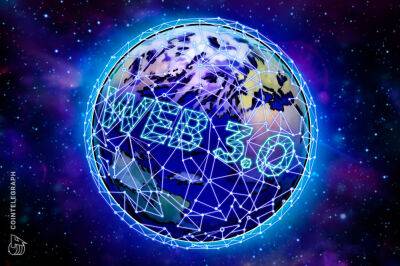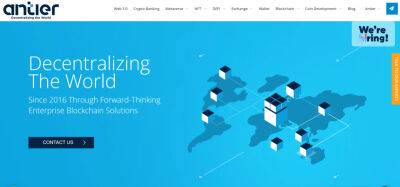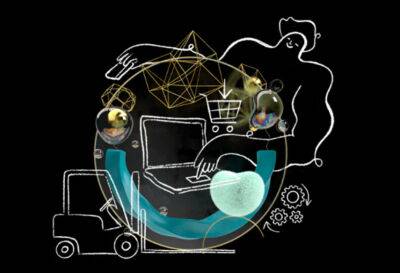Unique Web3 tech primed to democratize Internet of Things industry
We live in houses that are capable of monitoring and controlling a wide range of internal processes — from heating and cooling to security and surveillance mechanisms. Our cars keep track of external conditions and are well on their way to driving themselves. Our phones are constantly gathering valuable data and recording our activities — both on our devices and in real life.
Smart homes, smart cars, smartphones — all of these and much more are part of the rapidly expanding Internet of Things (IoT), which serves as the foundation of the machine economy. The IoT is what connects all of our smart devices and machines, and while the industry has produced remarkable achievements that have improved lives around the world, it is also an industry that has been centralized for decades.
That centralization has left smart device users with little control over their personal data. W3bstream, a leading project in MachineFi — the decentralized machine economy — has the potential to challenge the current IoT monopoly, benefitting billions of smart device users worldwide.
Mckinsey predicts the IoT is on pace to add anywhere from $5.5 to $12.6 trillion to the global economy by 2030. A huge chunk of that growth is attributed to IoT solutions in the retail, home and health sectors. There are many potential benefits to enhanced connectivity among our devices and the things we interact with, from health and safety improvements to time-saving advantages.
However, for all of the promise of the IoT, the proliferation of smart objects and the increasingly important role they play in our lives is raising significant questions tied to privacy concerns and the dangers of concentrated power.
One of the reasons that the IoT industry has proven to be so
Read more on cointelegraph.com






